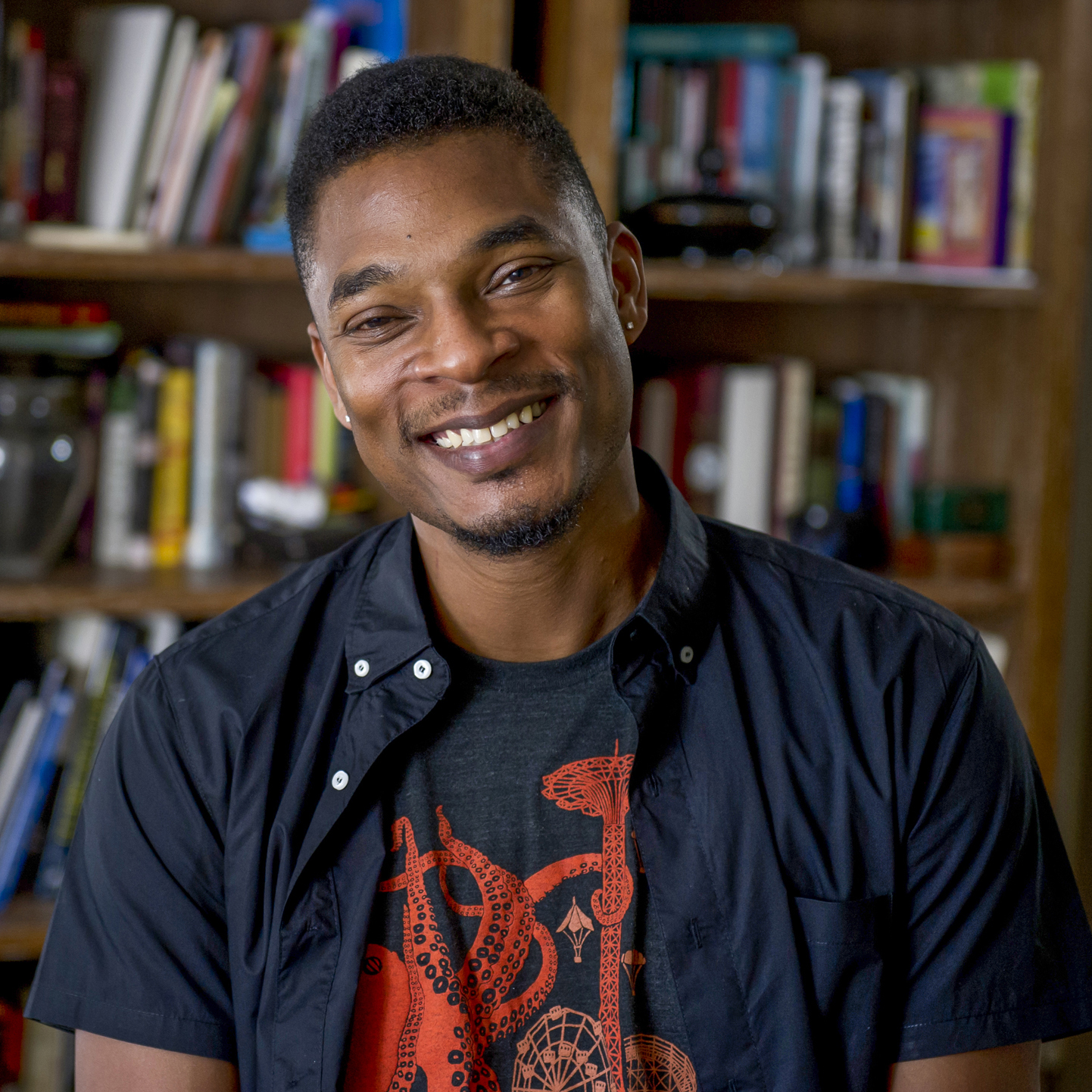American Sonnet for My Past and Future Assassin [Probably twilight makes blackness dangerous] (Edited)

Probably twilight makes blackness dangerous
Darkness. Probably all my encounters
Are existential jambalaya. Which is to say,
A brother can survive. Something happened
In Sanford, something happened in Ferguson
And Brooklyn & Charleston, something happened
In Chicago & Cleveland & Baltimore & happens
Almost everywhere in this country every day.
Probably someone is prey in all of our encounters.
You won’t admit it. The names alive are like the names
In graves. Probably twilight makes blackness
Darkness. And a gate. Probably the dark blue skin
Of a black man matches the dark blue skin
Of his son the way one twilight matches another.
Published:
2018
Length:
Regular
Literary Movements:
Contemporary
Anthology Years:
2022
Themes:
Identity
Police Brutality
Racial Injustice
Literary Devices:
Allusion
an expression designed to call something to mind without mentioning it explicitly; an indirect or passing reference
Anaphora
a figure of speech in which words repeat at the beginning of successive clauses, phrases, or sentences
Enjambment
a line break interrupting the middle of a phrase which continues on to the next line
Metaphor
a comparison between two unrelated things through a shared characteristic
Simile
a comparison between two unlike things using the words “like” or “as”
Varied syntax
diverse sentence structure
